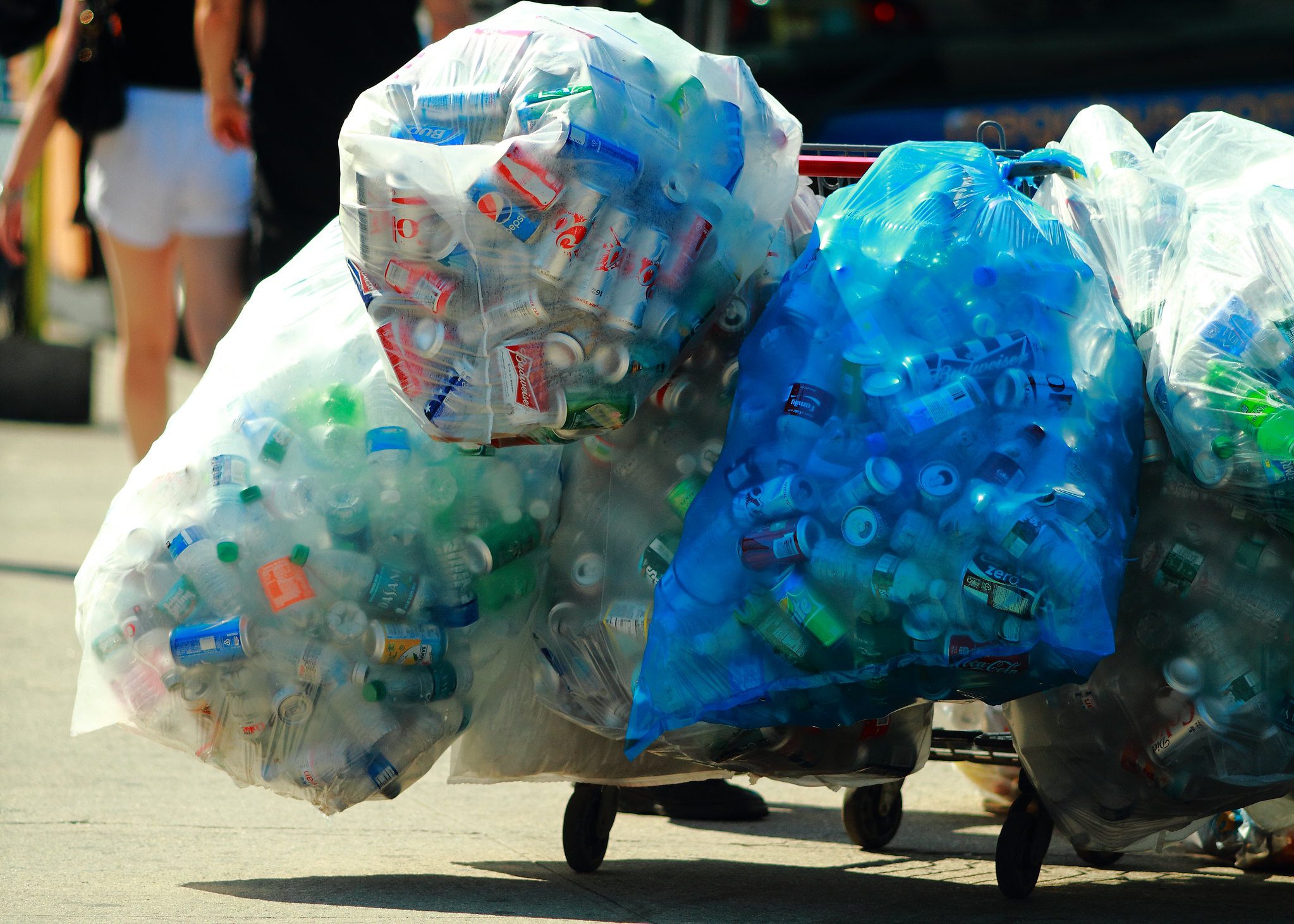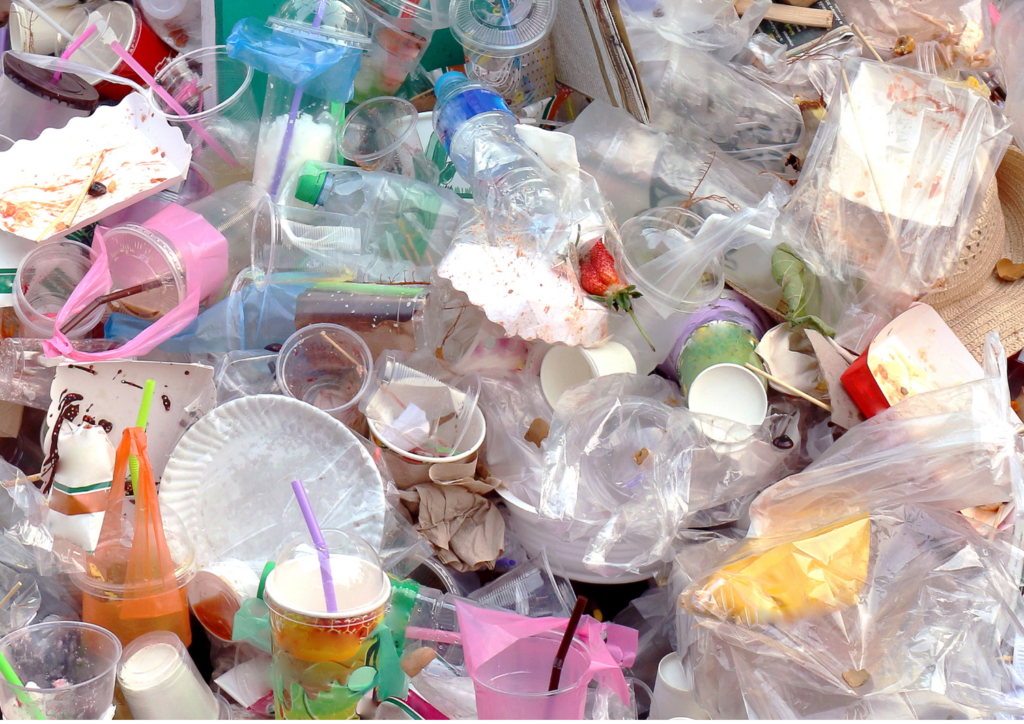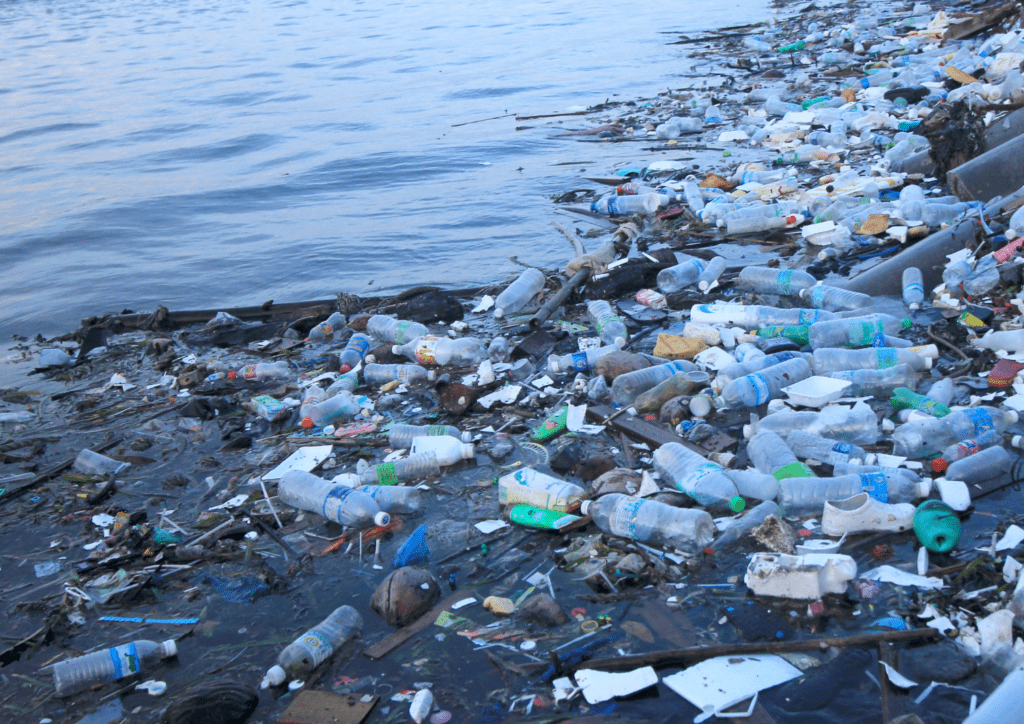Fallon Butler is the Founder of GoodSort.
The pandemic has shone a spotlight on social inequalities and the challenges that many people struggle with every day. It has also provided a glimpse into how the environment and vulnerable people would be negatively impacted if Ontario lost its deposit return program for beer and wine bottles.
I met Hugh when I noticed him waiting outside my apartment building each week on recycling day to retrieve used bottles and cans from the bins. Bottle collectors like Hugh, also known as binners, canners, or waste pickers, are unsung recycling champions who help the environment by diverting waste from landfills. They also receive income from the refundable containers.
It is often too easy to dismiss the work of these informal recyclers and how critical a lifeline this extra income can be for them. Hugh, for example, who is in his 60s and on the Ontario Disability Support Program (ODSP), depends on the supplementary income he earns from ‘empties’ to purchase food each week.
COVID-19 shows how important the Deposit Return Program is for Ontario
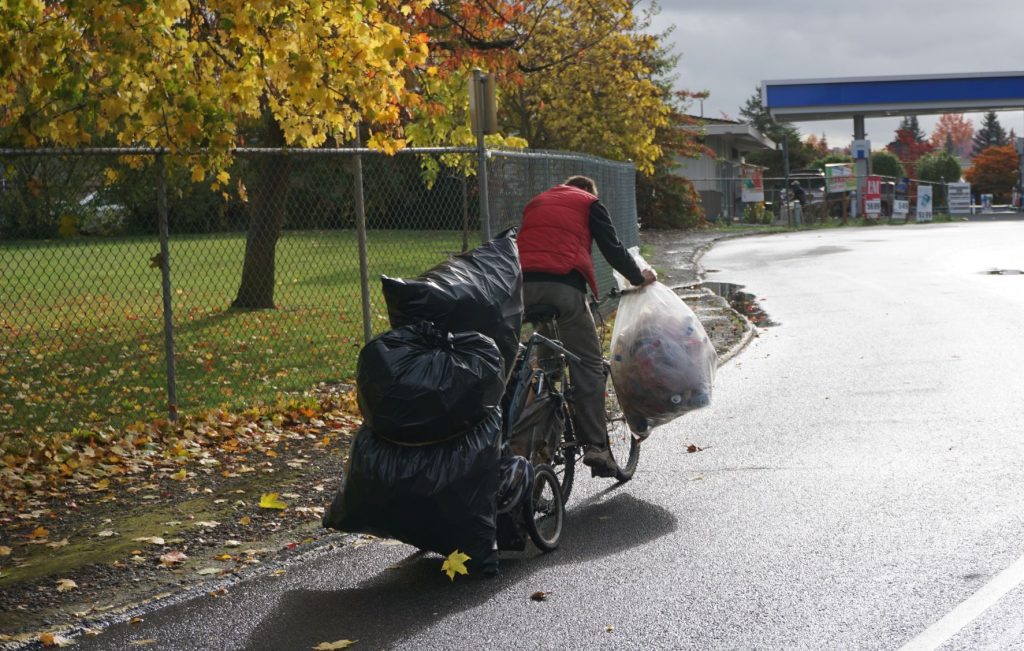
Toronto, and other urban centres, benefit from an informal, largely marginalized, network of urban recyclers who collect refundable containers from bins and return them through the Ontario Deposit Return Program (ODRP). This program is operated (almost) exclusively at The Beer Store.
Among the wave of closures due to COVID-19, The Beer Store stopped accepting empty containers on March 19. By April 24, it had started accepting them again at about half of its locations but still isn’t at full capacity. The temporary program suspension resulted in the beer industry experiencing a bottle supply shortage, and further financial hardship for the already vulnerable bottle-collecting community. Hugh lost $200 a month by not being able to return refundable containers.
Ontario needs more deposit return programs, not less, to protect the environment and support vulnerable communities
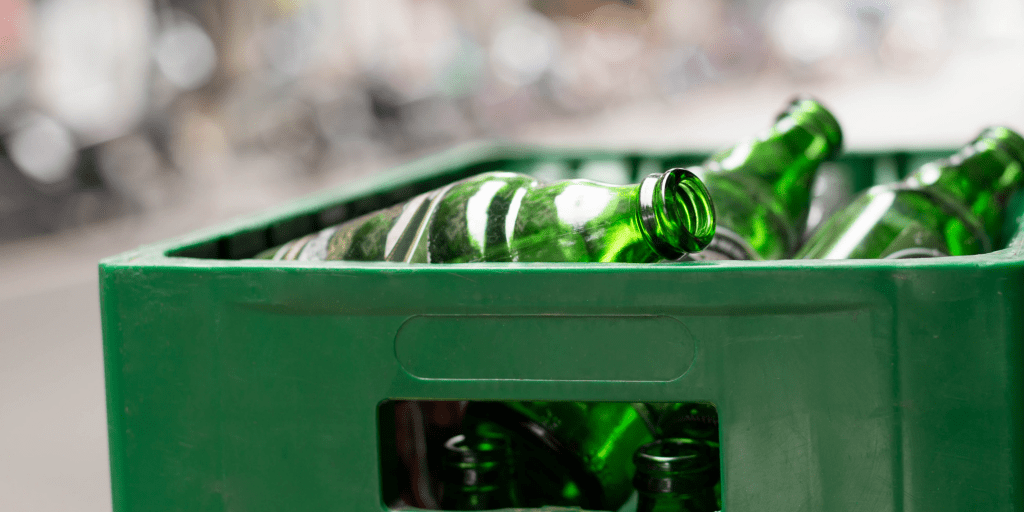
With Ontario set to announce a new Extended Producer Responsibility (EPR) regulation for packaging, there is an opportunity to expand the deposit return program to include non-alcoholic containers. One study shows that expanding bottle deposits would divert 118,000 tonnes of waste from Ontario landfills. Not only would this result in higher recovery rates for beverage containers, it would also increase income potential for bottle collectors.
However, there is growing concern that the province’s new regulation could actually threaten the existing deposit return program by allowing companies to opt-out. This would be a significant step back at a time when we need bold leadership to protect our environment and support vulnerable communities. It would mean more containers littered in our environment and would deprive those who rely on refundable containers to help make ends meet.
We as a community need to take action, not only for ourselves but also for those who are marginalized and often do not have a voice at the decision-making table. This positive change can be small. I started separating my empties and bringing them directly to Hugh to give him more dignity and safety in his work.
The next time you finish a bottle of wine or a beer with dinner, consider putting your empties on the curb in solidarity with the bottle-collecting community. By curb sharing, you can drive participation in waste reduction and diversion, support the good work of informal recyclers, and reduce the stigma they face. Coupled with an expanded deposit-return program, we can create a more sustainable urban culture and facilitate a circular economy.



